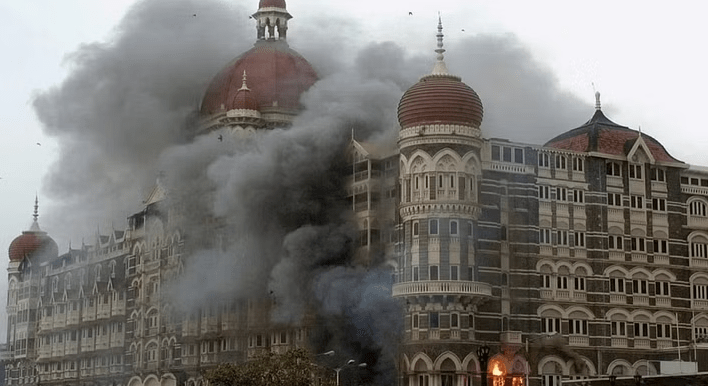November, Terrorism, and Pakistan: The Unseen Repercussions of November 26, 2001

With the manner in which terrorists manage to score spectacularly gruesome attacks that butcher innocents across the world, countries have started identifying specific days that will be remembered by posterity as days that singed the soul of the countries.
For the United States, it is 9/11. For the UK, it is 7/7. Israel will forever be traumatised by the memories of 10/7, just as India counts the unacceptable costs of terrorism every year on 26/11.
Too much has been written about 26/11 and its aftermath by numerous analysts, commentators, scholars, and pundits with superior skills than the authors for us to offer any new meaningful insight into this sordid chapter of contemporary Indian history. Yet, since this is the age of “aggregation”, the authors would combine four insights offered over the past 15 years related to 26/11.
The first is that there are a lot of ordinary Indians who have not been told the full story of 26/11. Second, India can never completely rely on “strategic partners” and must fight its battles alone. Third, it remains a mystery why the top brass of the Congress decided after 2008 that Hindus will go on voting for Congress irrespective of what it does and says. And fourth, General Pervez Musharraf was the de facto ruler of Pakistan when its “non-state” actors spread mayhem and terror across urban targets in India for a decade; but Pakistan is now being ravaged by the “snakes it grew in its backyard.”






